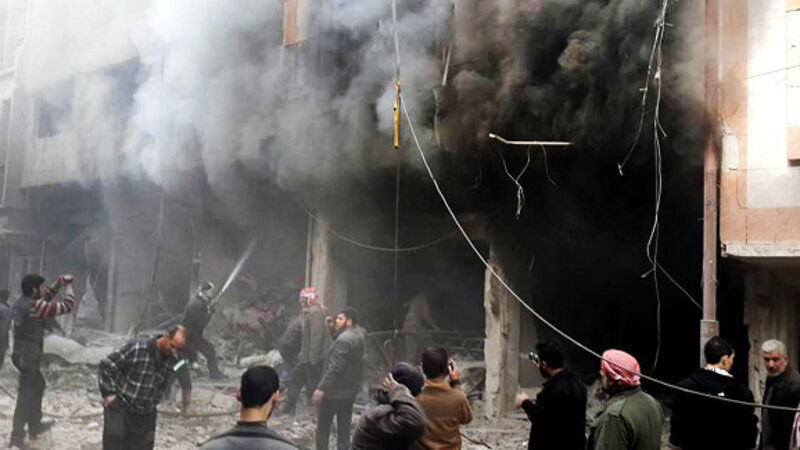Syria diplomats work to ‘cease hostilities’

The deal appeared to be the result of a compromise between the US, which had wanted an immediate ceasefire, and Russia, which had proposed one to start on March 1.
Although foreign ministers from the International Syria Support Group managed to seal an agreement to “accelerate and expand” deliveries of humanitarian aid to besieged Syrian communities beginning soon, their failure to agree on a ceasefire leaves the most critical step to resuming peace talks unresolved.














